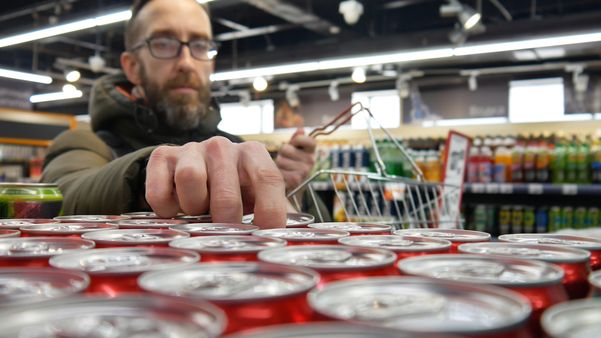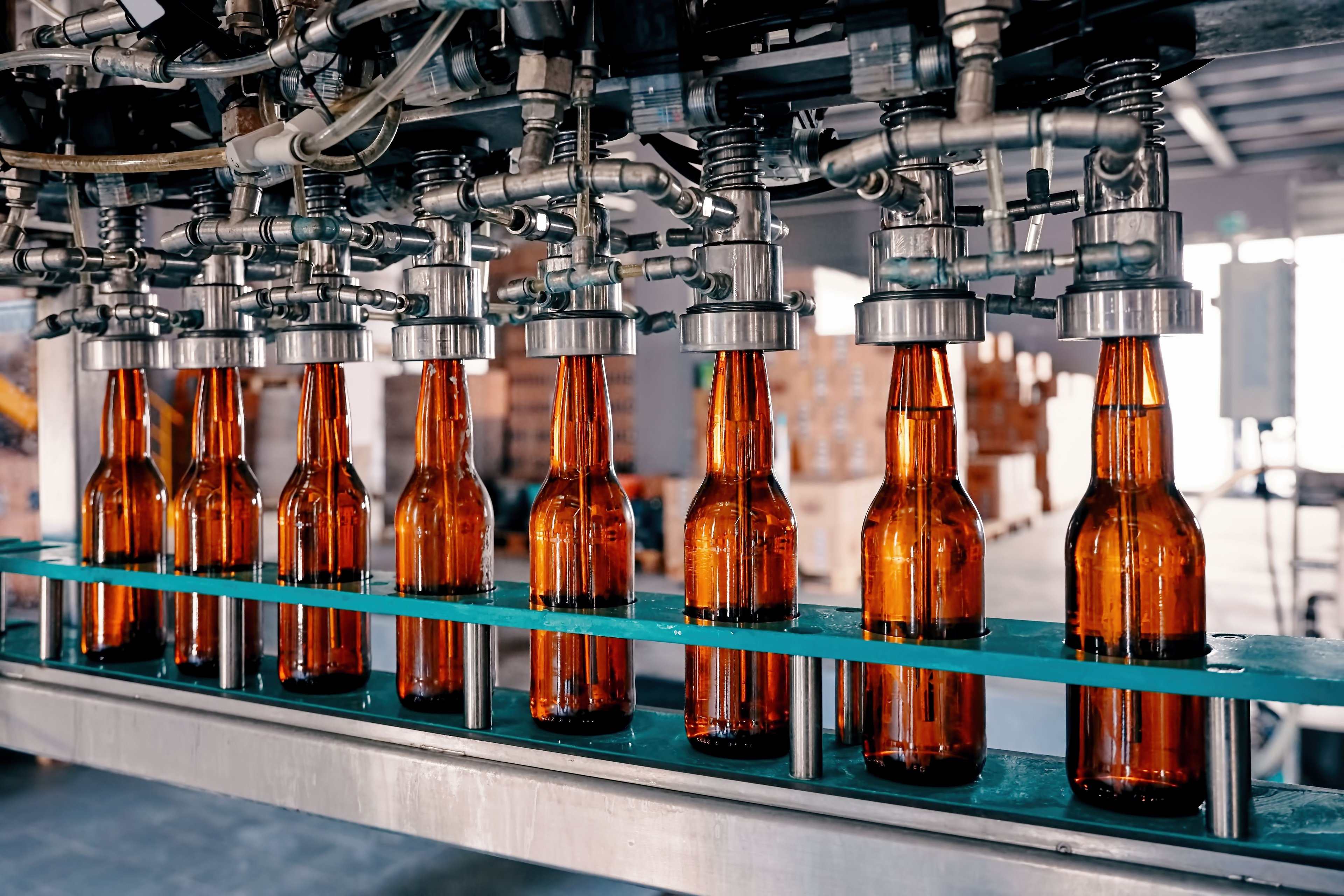When The Motley Fool set out to discover America's best publicly traded companies, our team combed through more than 1,700 names and examined how well they served four groups of stakeholders: investors, customers, employees, and the world at large. The result was our list of the 25 best companies in America. Of course, picking so few winners leaves quite a few remarkably high-quality companies that deserve an honorable mention. One company that finished in the top 40 was Boston Beer (SAM 4.31%).
In 1984, Jim Koch gave up a consulting career to brew beer in his kitchen from an old family recipe. He named his beer Samuel Adams, and the Boston Beer Company was born. From that first batch in the kitchen, Boston Beer has grown to become a $1.8 billion company.
The popularity of Sam Adams was a big factor in the emergence of small, high-quality craft breweries in recent decades. Today, Sam Adams ships about 3 million barrels of beer annually. That means that while it makes up only about 1% of the overall U.S. beer market, Boston Beer controls nearly a fifth of the fast-growing craft-beer segment. Boston Beer hasn't let the heady brew of success get to its head, though. The company remains devoted to nurturing other brewers and small entrepreneurs, inspired to help other small businesses overcome the hurdles Jim Koch encountered when he was just starting out.
The case for Boston Beer
Boston Beer certainly helped smaller brewers just by introducing drinkers nationwide to craft beers, and it's gone a step further through its "Brewing the American Dream" program, which provides loans and business coaching to entrepreneurs in the food, beverage, and hospitality industry. In 2007, Koch and some employees volunteered to paint a community center. Afterwards, Koch realized he'd "just taken about $10,000 worth of management time and talent, and turned it into about $1,000 worth of painting," and set about to make better use of philanthropic resources.
Partnering with the small-business microlending organization ACCION, Boston Beer invested $250,000 in lending capital that has become $1.4 million in startup financing. Boston Beer's executives also take time to coach and counsel loan recipients, making the company's expertise and resources available to small entrepreneurs who would struggle to get started otherwise.
Far from seeing new craft brewers as competitors, Boston Beer has actively encouraged small brewers through its philanthropy, even going so far as to give out 40,000 pounds of its own hops to struggling brewers during a 2008 global hops shortage. This approach hasn't just created jobs and spurred community development, but it's also allowed Boston Beer to maintain a cool image as a real craft brewer even as it has grown to dominate the space.
Boston Beer is undoubtedly a "cool" place to work, what with the company's entrepreneurial culture and focus on hip craft beers. The Boston Globe also recognized Boston Beer as having the region's greatest perk: Employees get to take home two cases of their favorite Boston Beer offering every month.
And employees, as well as customers, have a lot to choose from. Boston Beer sold 50 different brews to the public last year, and it plans more. To ensure that these myriad offerings are fresh, Boston Beer launched the innovative Freshest Beer Program, combining advanced logistics, demand forecasting, and production planning to ensure that Sam Adams products are the freshest on the market. This move should only improve drinkers' opinion of Sam Adams' products, which already routinely score highly amongst beer drinkers.
While some analysts have complained that the Freshest Beer Program is too expensive, so far Boston Beer has done well by investors. Shares quadrupled in value over five years as revenue jumped by 66% and net income nearly tripled, while new investors paid up for the stock.
The case against
On corporate-governance issues, it's notable that Koch controls 100% of Boston Beer's class B voting shares. That allows Koch alone to "elect" five out of Boston Beer's eight directors (which, until 2012, were all male), and it also means that common shareholders don't really have a voice at the table.
Shareholders could also rightfully wonder whether Boston Beer is beginning to encounter the law of large numbers: Boston Beer's dramatic growth rate will be progressively more difficult to maintain year over year as its base of drinkers gets larger. Even through craft beer has been growing rapidly, the overall U.S. beer market has been shrinking by a percent or two per year, and Sam Adams is already by far the largest player in the craft space.
Since 2009, share-price gains have been driven by an expanding price to earnings ratio, with the valuation of the company rising more than 50% from 21 to 32 even while the P/E ration of the S&P 500 has fallen around 20% over the same period. Those numbers indicate that the market has gotten much more confident about Boston Beer's prospects, but it's unlikely that the stock performance of the past five years will be repeated over the next five.
Foolish bottom line
Not every company can say it pioneered its own industry, but Boston Beer did more than any brewer to introduce better beer to America. Boston Beer has been a great friend to small businesses in its industry, and shareholders have been richly rewarded along the way. Concerns over governance and future performance linger, but Boston Beer is certainly among the best companies in America






